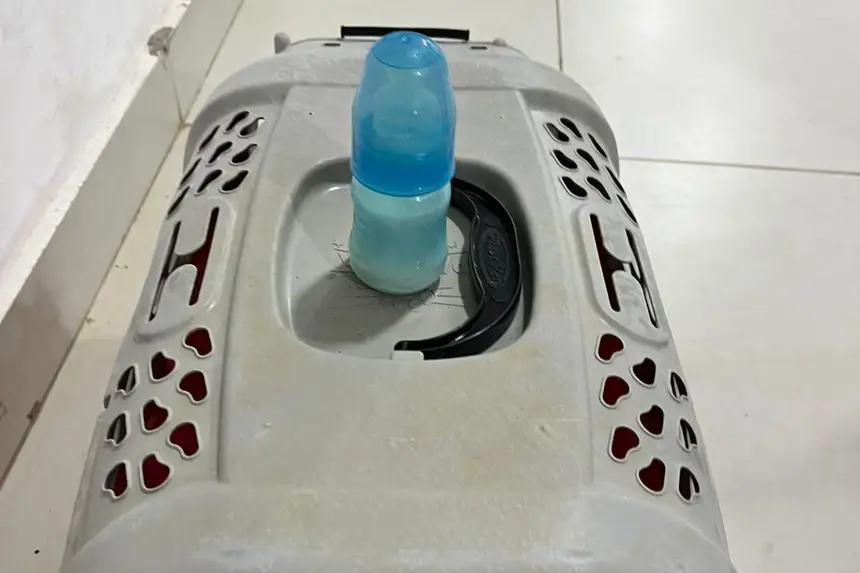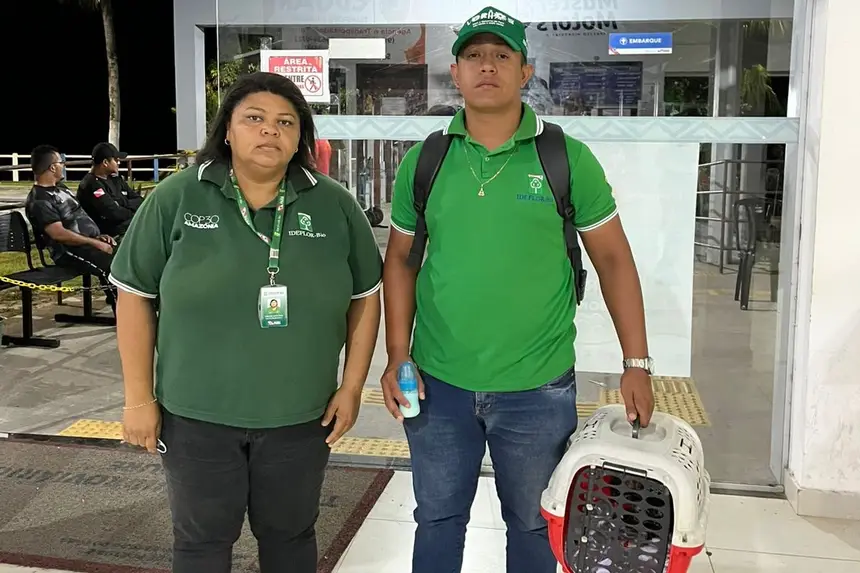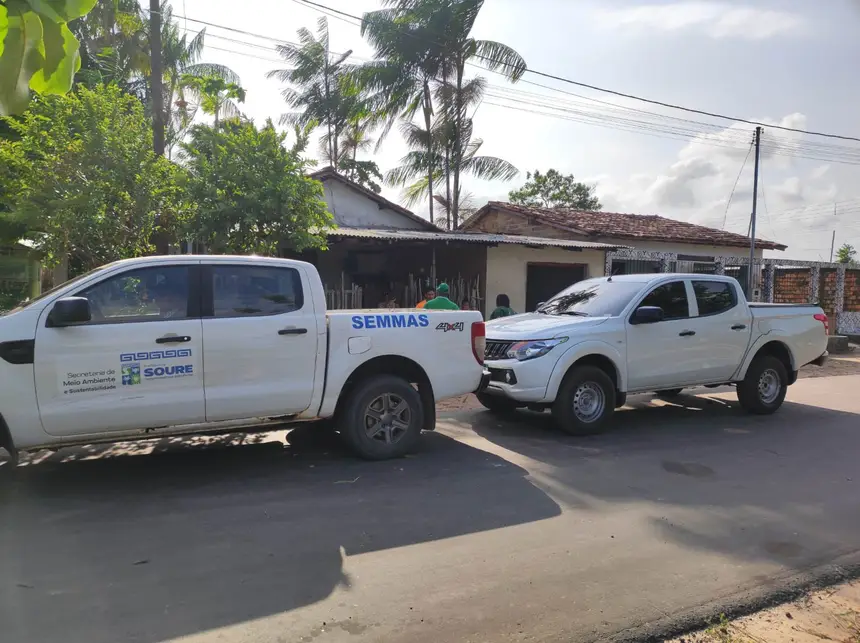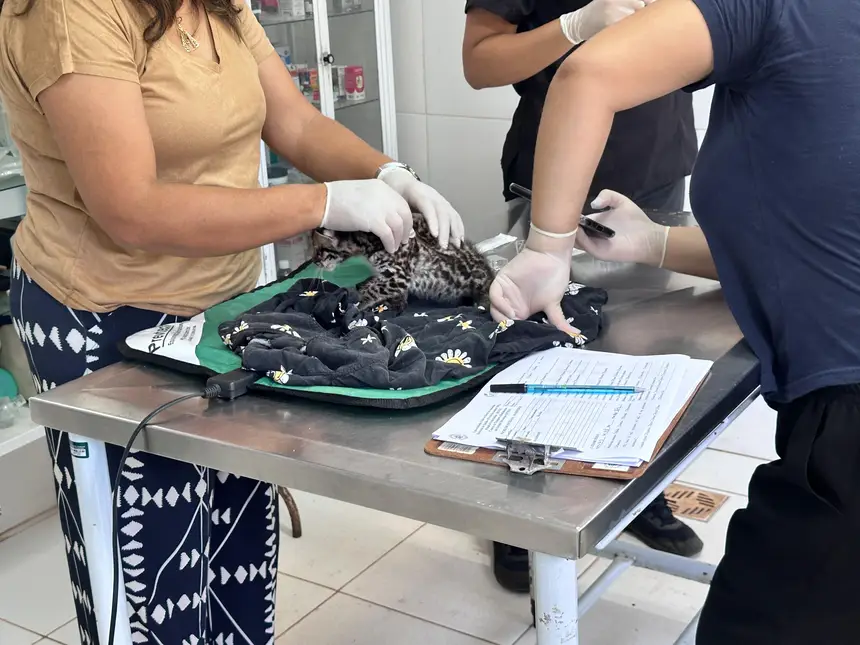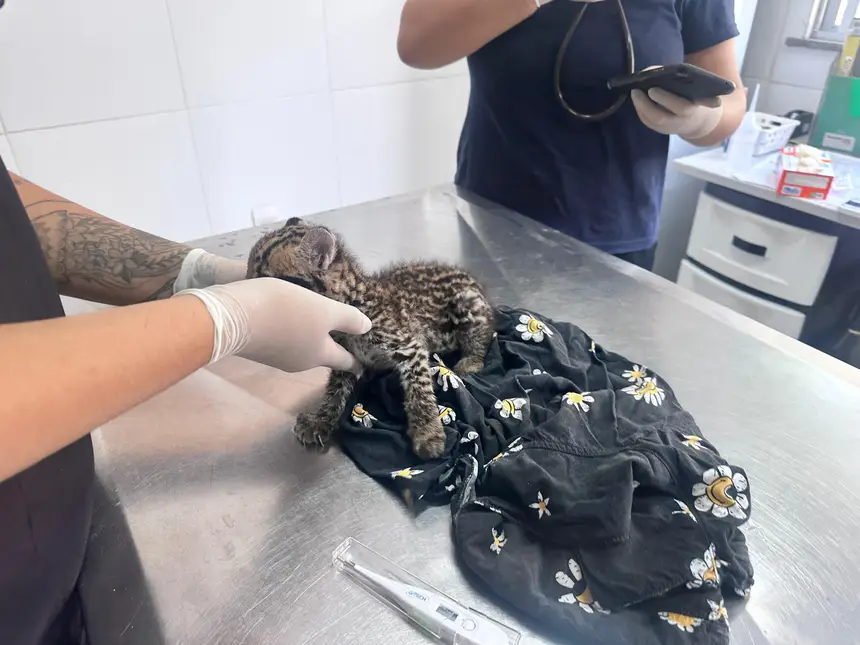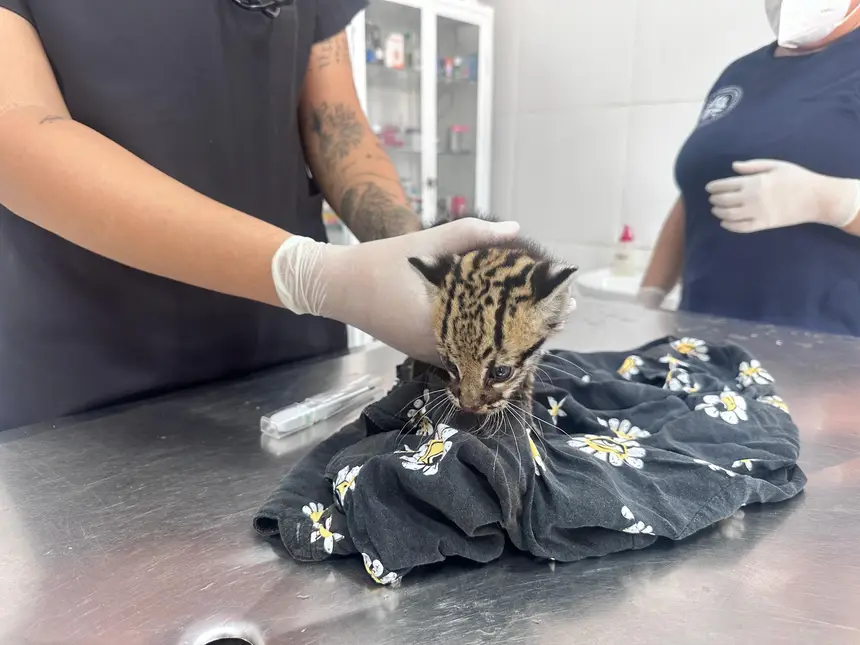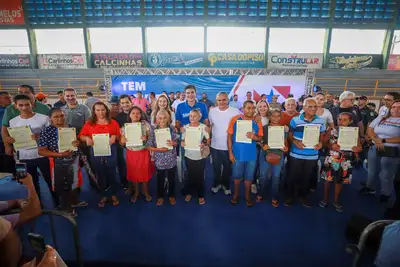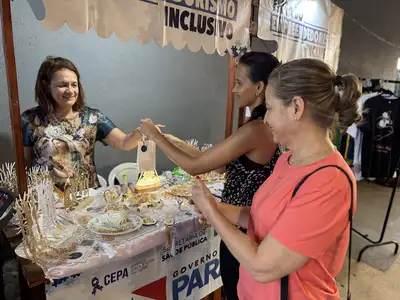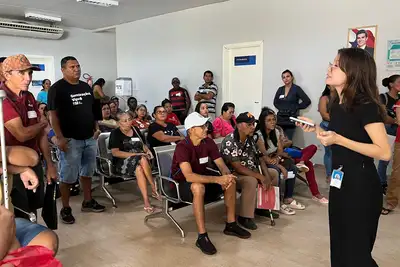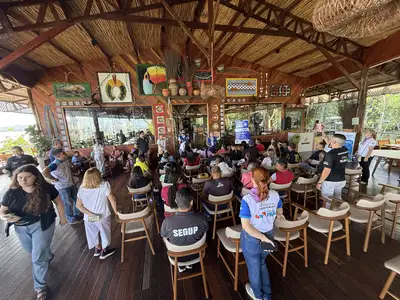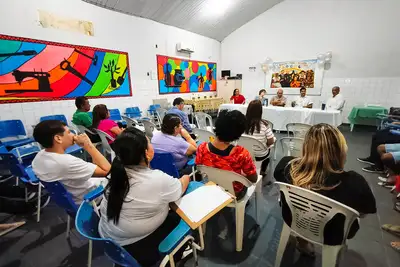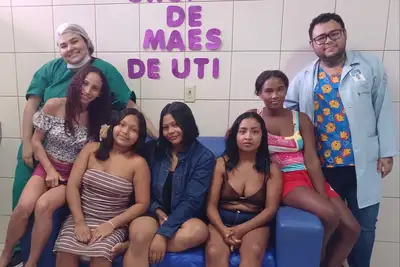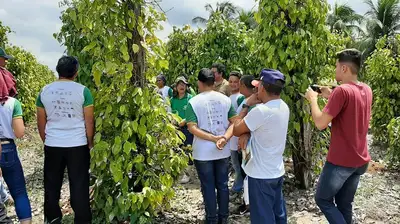Family from Soure voluntarily hands over ocelot cub to rehabilitation in Belém
The animal is about one month old and has already received veterinary evaluation and specialized care for complete rehabilitation until its release into the wild.
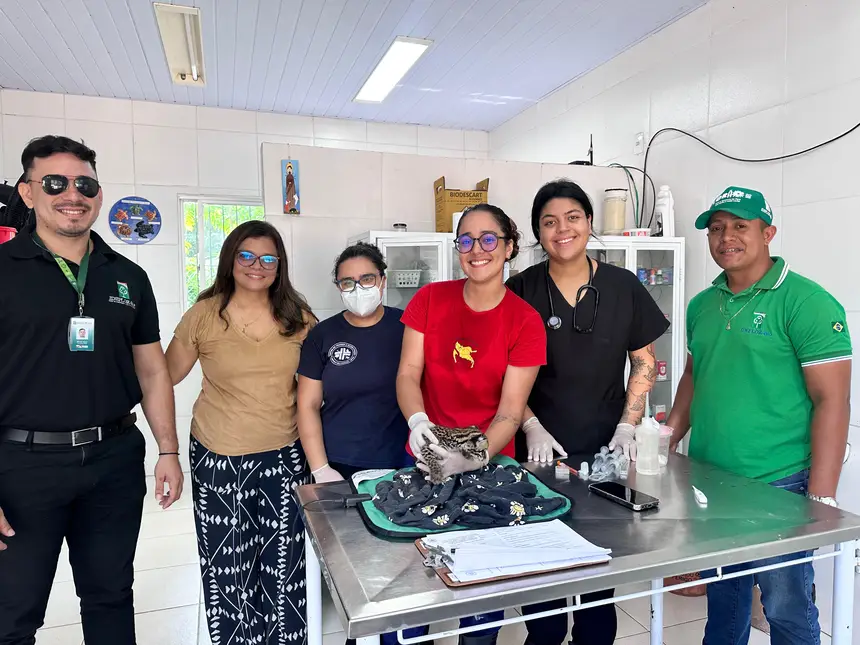
A family from Soure, in the Marajó Archipelago, voluntarily handed over to environmental authorities an ocelot cub (Leopardus pardalis), a species of the Amazonian wildlife. The animal was sent on Monday (22) to the Wildlife Animal Rescue and Rehabilitation Center (Cetras) of the Federal Rural University of the Amazon (Ufra) in Belém, where it has already received veterinary evaluation and specialized care until its final destination is determined.
The rescue operation was coordinated between the Pará Institute of Forest Development and Biodiversity (Ideflor-Bio), through the Regional Office of Marajó (Soure) and the Management of the Administrative Region of Marajó (GRM); the Soure Department of Environment and Sustainability (Semmas); and the Bicho D’água Institute. The action was formalized through a voluntary delivery agreement.
The cub was located in an area of forest called Boa Fé, in the Tucumanduba neighborhood, in Soure. The animal, approximately 30 days old, weighing 0.546 kg, showed signs of dehydration, although it had no apparent injuries. After initial care, it was transferred to Belém, in a joint effort by the environmental institutions.
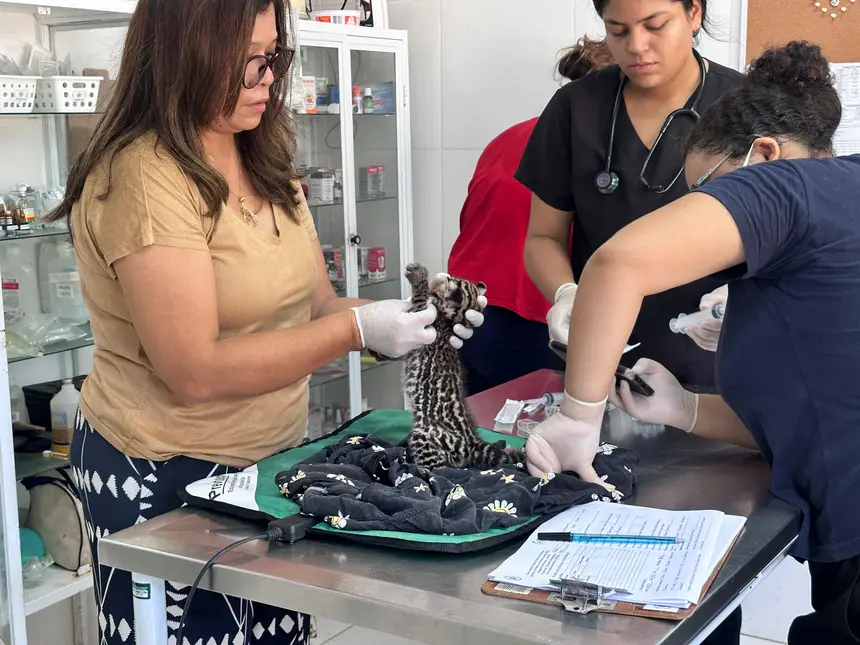
Initial care and specialized evaluation
“This type of occurrence requires speed and responsibility. We received the cub still quite weakened, but we managed to ensure the necessary logistics for it to be safely sent to Ufra's Cetras. The collaboration of the population and the involved institutions was essential for everything to proceed smoothly. I thank and congratulate the efforts of the staff, Marciano from Semmas and Antônio from Ideflor-Bio, during the operation focused on initial care,” highlighted Osiane Barbosa, manager of the Ideflor-Bio Regional Office of Marajó, who monitored the initial procedures.
In the capital, the animal was received by specialists and underwent a clinical evaluation. “The first analysis indicated that, despite the dehydration, the cub has good chances of recovery. It will now be monitored by the Cetras technical team, which will carry out the appropriate monitoring and rehabilitation, so that in the future the possibility of reintroduction into nature can be evaluated,” explained Hugo Dias, manager of the Administrative Region of Marajó of Ideflor-Bio.
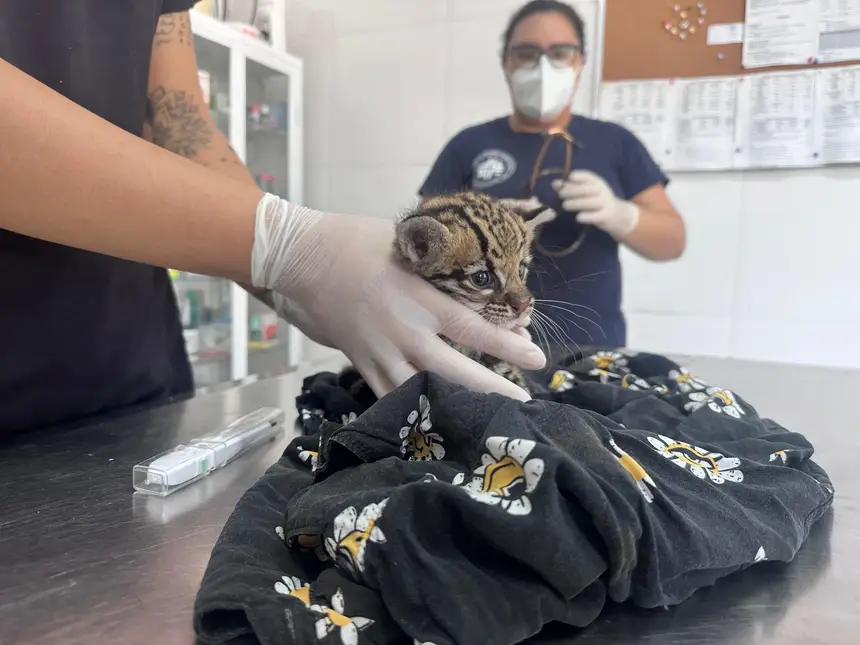
About the animal
The ocelot is a medium-sized feline, known for its body covered with yellowish fur with open rosette spots and stripes on its back, which confuses it with jaguars. The animal is considered important for ecological balance, as it helps control the population of small animals, as well as birds and reptiles. Its occurrence is typical of dense forest areas in the Amazon and Cerrado. However, like other wild felines, it faces threats related to habitat loss and poaching.
Brazilian legislation is clear regarding the protection of wildlife. Article 29 of Federal Law No. 9,605/1998 establishes that killing, hunting, pursuing, or keeping wild animals in captivity without authorization is a crime, punishable by six months to one year of detention, in addition to a fine. Voluntary delivery, in this sense, is a legal and responsible path that guarantees the animal the opportunity for appropriate treatment and, in many cases, a return to a free life.


